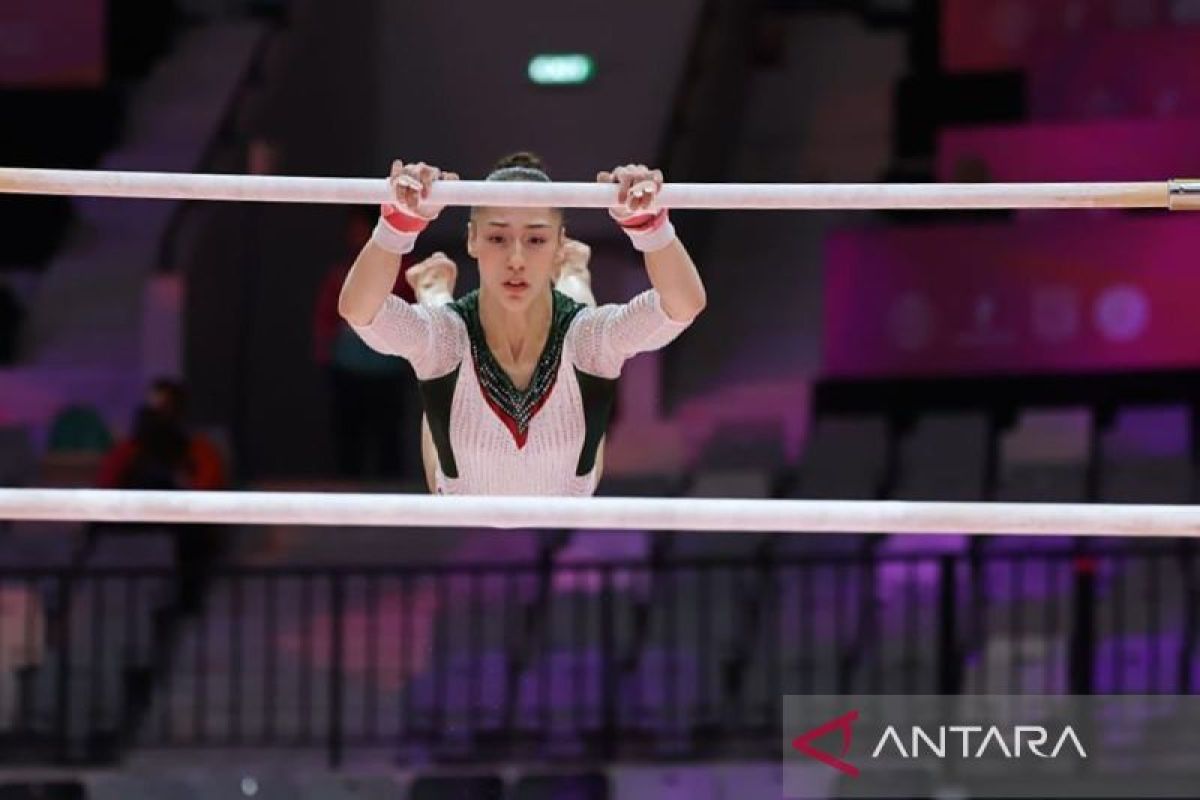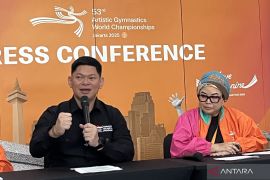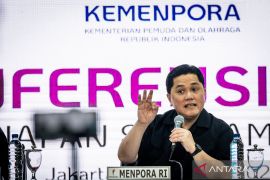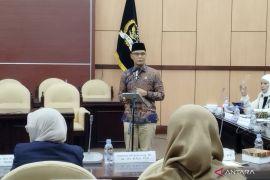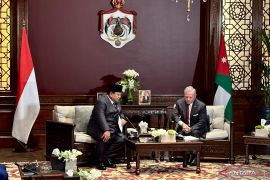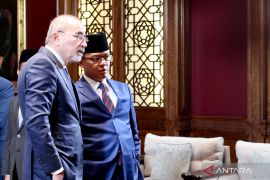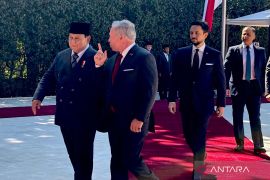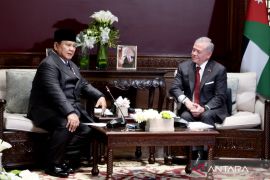The tension stems not only from Israel's acts of genocide in Gaza but also from its defiance of international institutions, including the UN General Assembly and the International Court of Justice (ICJ).
The ICJ has classified Israel’s actions in Gaza as genocide, leading to international arrest warrants for several leaders, including Prime Minister Benjamin Netanyahu.
The UN Council of Experts went further, urging FIFA and UEFA to suspend Israel from football competitions and calling on global corporations to end trade with Israel over the Gaza atrocities.
While some countries have chosen silence, Indonesia stands apart. Its position is shaped not only by constitutional principles but also by deep emotional and historical solidarity with Palestine.
Yet, the implications of hosting Israeli athletes are not merely political—they could spark nationwide unrest.
Mass protests would almost certainly erupt across Jakarta and other cities if Israeli gymnasts were allowed to compete.
Related news: CAS rejects Israel's bid to join gymnastics championships in Indonesia
Indonesia experienced a similar backlash in 2023 when it rejected Israel’s participation in the FIFA U-20 World Cup, prompting FIFA to relocate the event to Argentina.
Policymakers likely foresaw such turmoil recurring, with protests potentially escalating into violence or broader political unrest.
Indeed, just two months before the championship, Indonesia was already witnessing violent demonstrations marked by looting, arson, and vandalism.
In this context, Jakarta’s decision to block Israeli participation may have been as much about maintaining stability as upholding principle.
Indonesia’s stance also aligns with international calls to isolate Israel in sports. The UN Council of Experts has recommended similar bans to those imposed on apartheid South Africa decades ago.
In 1962, Indonesia itself barred Israeli athletes from the Asian Games, maintaining consistency with its long-standing foreign policy.
Many international observers now liken Israel’s treatment of Palestinians to apartheid, a system of racial segregation and oppression.
According to The Times of Israel, more than 68,000 people—mostly women and children—have been killed in Gaza, and about 83 percent of the enclave’s buildings destroyed. Humanitarian access remains blocked despite a fragile ceasefire.
Related news: Indonesia wins FIG support after denying visas for Israeli gymnasts
The destruction in Gaza, critics argue, exceeds even the brutality of apartheid-era South Africa. It was, in fact, South Africa that brought the genocide case against Israel before the ICJ.
The International Olympic Committee (IOC) once took decisive action against similar regimes, banning South Africa from the Olympics between 1964 and 1992 for its apartheid policies.
The IOC has not hesitated to impose sanctions for non-sporting reasons. It banned Rhodesia (now Zimbabwe) from the 1972 Munich Olympics for racial segregation and excluded Afghanistan from the 2000 Sydney Games due to Taliban restrictions on women.
These precedents demonstrate that moral and humanitarian concerns have guided IOC decisions in the past.
Yet, when it comes to Israel, the IOC’s response appears muted. Global outrage over discrimination, racial segregation, and genocide in Gaza has not led to similar accountability.
Western nations such as Spain have even urged Israel’s suspension from international competitions, but world sports bodies remain largely silent.
The IOC and other federations acted swiftly against Russia after ICJ findings that Russian forces deported Ukrainians and committed atrocities in Bucha. Sanctions banned Russian teams and athletes from many international events.
The inconsistency is striking: Russia faced sweeping sanctions, while Israel continues to compete freely despite facing comparable allegations.
Although the IOC’s warning to Indonesia not to host major events—effectively barring it from future Olympic bids—was presented as a procedural measure, it has raised questions about fairness and double standards.
Indonesia’s refusal to issue visas to Israeli athletes for the gymnastics championship was ruled lawful by the Court of Arbitration for Sport (CAS), which rejected Israel’s lawsuit.
If the CAS can recognize Indonesia’s sovereign right to act in accordance with its constitutional and moral principles, the IOC should apply the same logic universally. Consistency, not selective enforcement, is what upholds the credibility of global sports governance.
Indonesia may indeed need to reflect on how to balance its political principles with participation in international sport. Yet the IOC and other global sporting bodies must also confront their own contradictions.
If they claim to defend human rights and equality, they cannot turn a blind eye to genocide, discrimination, and apartheid in Gaza.
Anything less, Indonesians argue, would expose the Olympic Movement to the very hypocrisy it was founded to oppose.
Related news: Lawmaker urges ban on Israeli gymnasts from 2025 Jakarta championship
Editor: Rahmad Nasution
Copyright © ANTARA 2025
